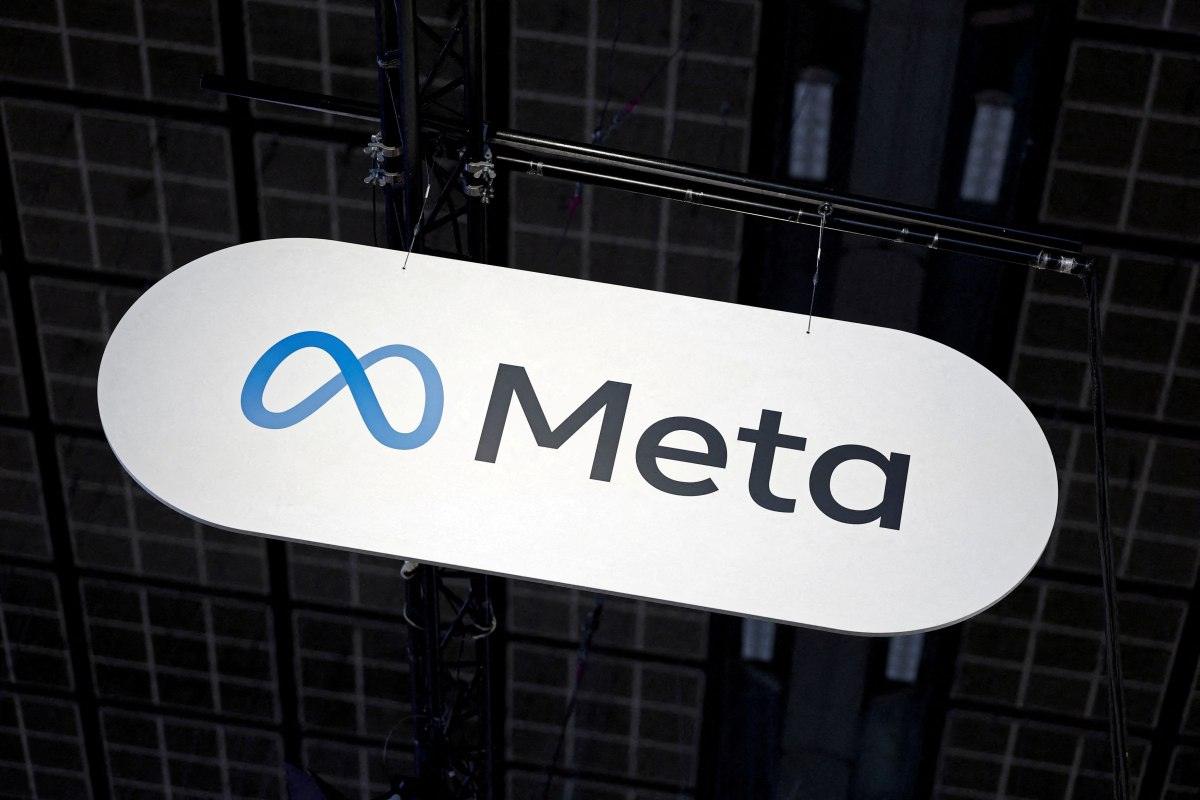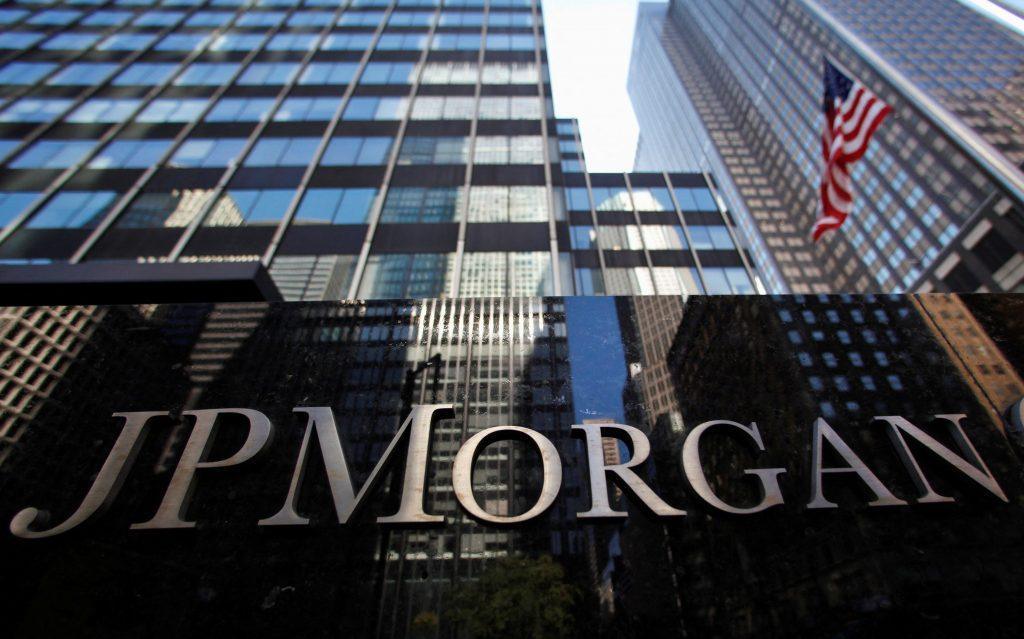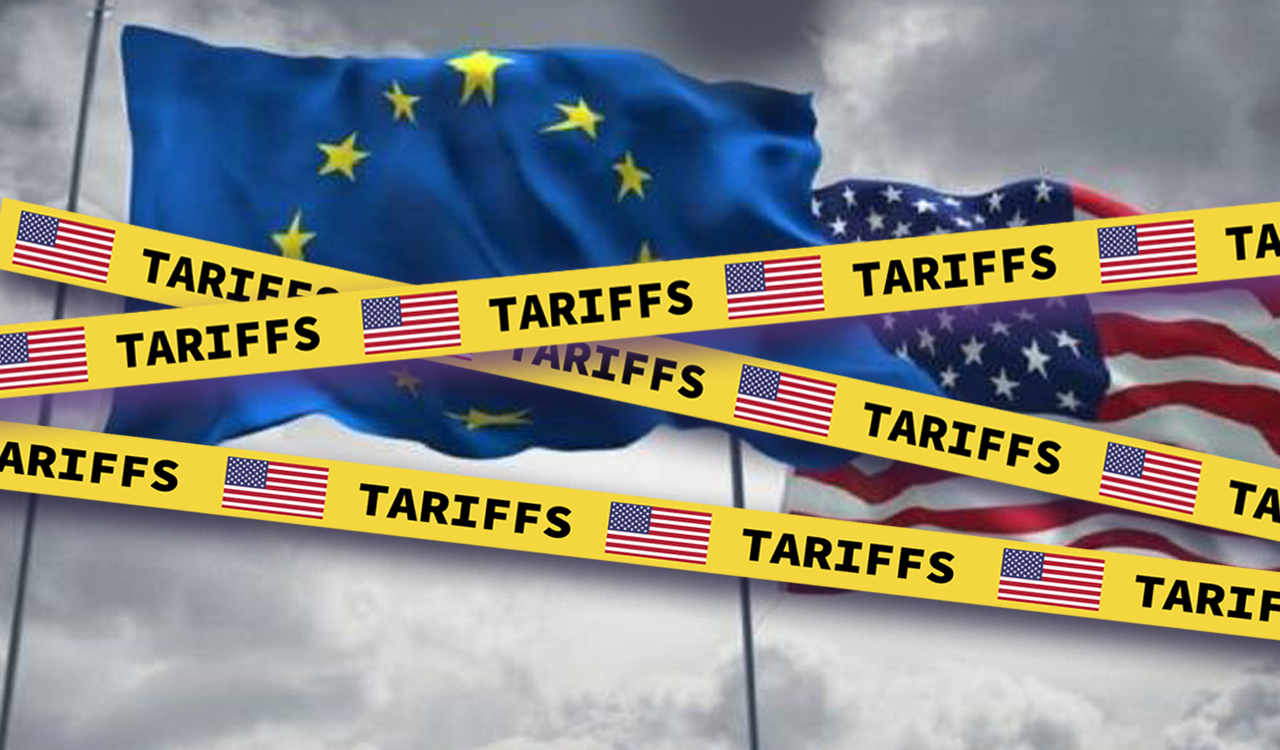Greek feta, one of the country’s most successful export products, is under serious threat as the ongoing sheep pox epidemic devastates livestock herds. While current reserves of milk and cheese production cover immediate needs, industry insiders warn that by March 2026 shortages will begin to surface.
The crisis has already escalated sharply: as of last week, more than 262,000 sheep were infected, with many more at risk in quarantined areas. The disease is spreading at an exponential rate, and market sources describe current containment measures as “too little, too late.”
Rising Costs and Looming Shortages
In the coming months, feta prices are expected to face upward pressure, not only because of shrinking milk supplies but also due to higher collection costs tied to quarantine restrictions. From spring onward, dairy processors will likely have to contend with significantly smaller volumes of sheep’s milk—translating into reduced feta production.
The timing is critical: feta, alongside Greek yogurt, has become a global success story in recent years, boosting the profile of Greek food exports. Yet growing demand could collide with dwindling supply, driving retail prices higher. Export-oriented dairies face an additional squeeze, as cow’s milk “white cheese” alternatives from Europe are gaining ground, supported by falling milk prices abroad.
Farmers in Crisis
For farmers, the blow is twofold. Beyond the destruction of their flocks, compensation payments are delayed—a chronic issue that leaves many hesitant to report outbreaks to local authorities. This underreporting worsens the epidemic, creating what one market insider calls a “vicious cycle.”
The strain is expected to extend into the meat market as well, with Easter lamb prices likely to spike.
Risk of International Stigma
Perhaps the gravest danger lies in the prospect of Greece being classified as a “mandatory vaccination country.” Such a label would complicate exports to key markets like the United States, Australia, Japan, and Serbia, where strict rules require cheese imports from disease-free, non-vaccinated herds. Extra inspections and the stigma of an uncontrolled epidemic could undermine feta’s hard-earned global reputation.
If unchecked, the epidemic threatens not just farmers and dairies but the future of Greece’s most iconic cheese on the international stage.
Source: tovima.com








































